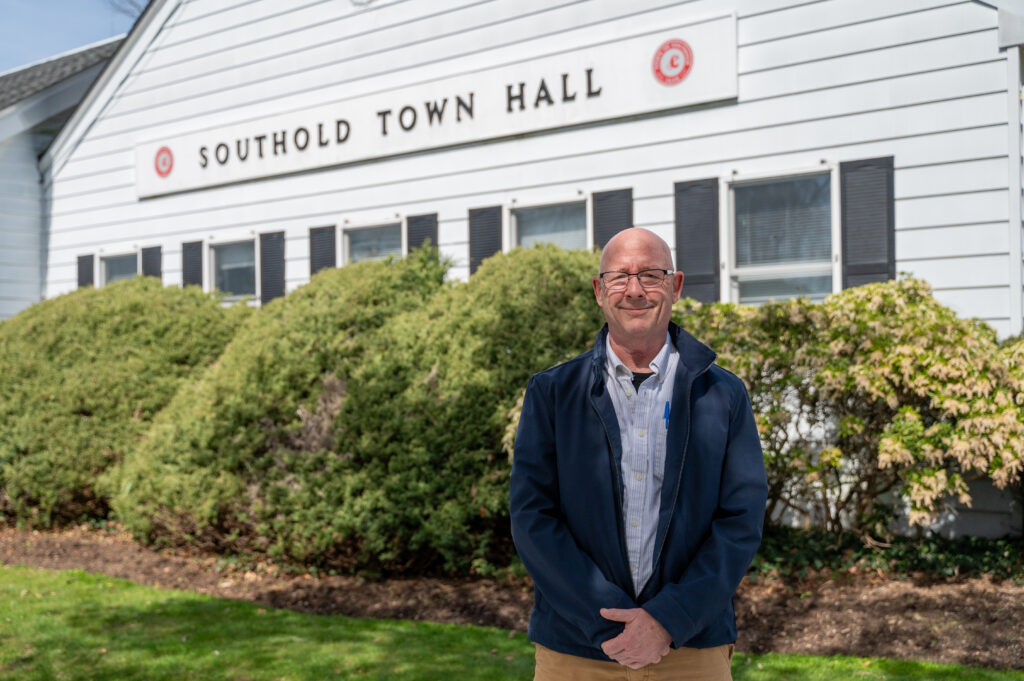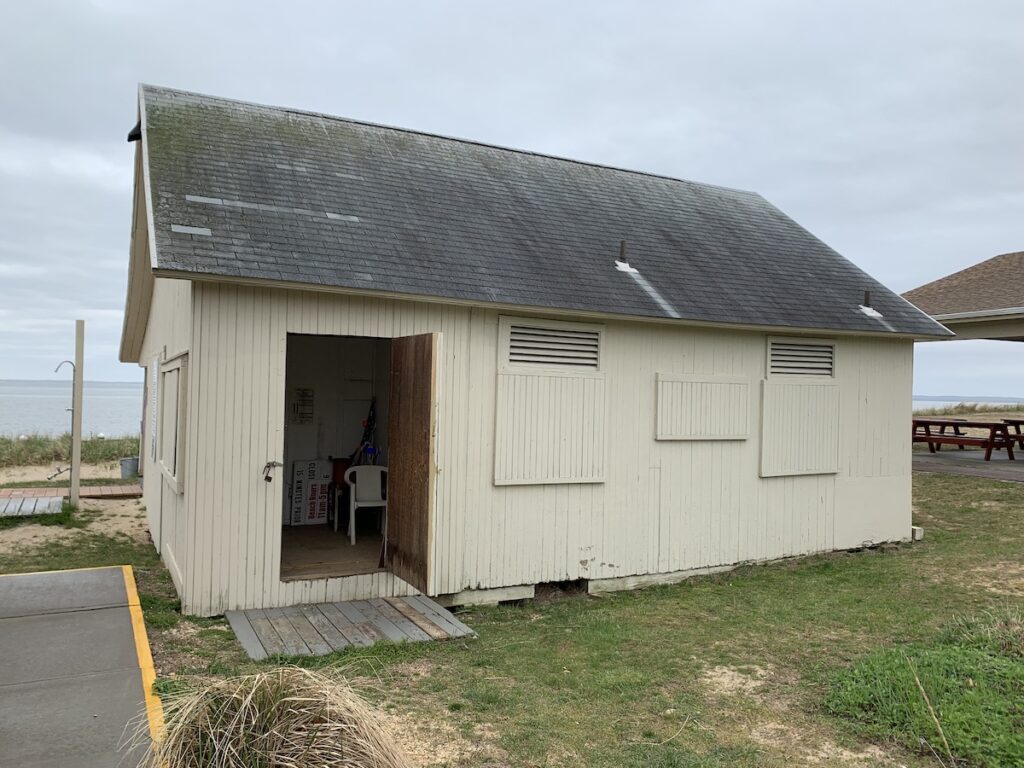With comprehensive plan ready, town may bring in consultant to help with zoning and land use

Southold plans to hire a consultant for zoning and land use, as the town takes the next step towards implementing recommendations from its comprehensive plan.
A decade in the making, the plan was adopted last September to guide development in Southold and provide a basis for zoning and other land use regulations in Town Code. The 13-chapter “living document” outlines priorities such as creating affordable housing, reducing traffic congestion and protecting at least 8,000 acres of agricultural land, among others.
“In order to implement those recommendations, you’re going to need to take a look at the zoning map,” Supervisor Scott Russell told The Suffolk Times. The town plans to create new zoning categories, and then a new land use or zoning map, he said.
“In my view, the current menu of options is stale and simply doesn’t have the specificity or nuance that zoning requires to assign new uses that would carry out some of the goals of the plan,” Mr. Russell added. “You’re going to have to make some hard choices … You have to reach other goals, such as economic development [and] affordable housing.”
At Wednesday’s work session, Mr. Russell asked planning department director Heather Lanza and assistant town planning director Mark Terry to put together a detailed work plan for next month. Ms. Lanza, who emphasized the importance of specificity in the plan, said the town can apply for a grant in the next consolidated funding application.
“You can’t just hire a consultant and say help us with zoning. You’ve got to give them a ‘Here’s what you need to do,’ so that not only do we get what we want but we also get an estimate from them in terms of cost that is realistic,” she said.
Mr. Russell, who said there’s too much work for the map to be created “in-house,” said developing new zoning takes a lot of public input and anticipates an eighteen-month time frame.
“It’s hard to get the general public involved because they’re busy with jobs and with life, you start talking about zoning, you’re going to end up getting huge participation from the community,” he said.
The Town Board and Planning Department acknowledged that different hamlets may have different needs as they put together the work plan.
“I think that any new zoning and use structure should recognize the uniqueness of each hamlet — what hamlet could take further growth, what hamlet is more restrictive for further growth,” Mr. Terry said. “Those challenges are going to take a lot of discussion.”
Mr. Russell, as he opened Wednesday’s meeting, pointed out that the comprehensive plan was adopted during the pandemic, when there was limited access to consultants and other professionals not considered essential workers. Town Board candidate Greg Doroski, newly elected on Tuesday night, has criticized the board for not implementing the plan during his campaign.
“There’s a lot of discussion, people say, well, we have to implement the comp plan,” Mr. Russell said. “The comp plan is meant to be an integrated plan with about what, 13 chapters? And there are aspects of it that some might disagree with as a priority.”
He emphasized in a separate interview that the comprehensive plan is a guidance document, not code, and the different goals set in each chapter may contradict each other.
“There is no ‘implement the plan,’” he said. “It’s not marching orders, it’s a guide. And that guide should be doing just that, guiding you to decision making, to create new zoning … that’s more nuanced.”
Alluding to recent backlash over the proposed Enclaves Hotel and Restaurant, one of several proposed hotels in Southold, Mr. Russell at the work session acknowledged community concern over hotels. Many have criticized the proposed businesses as a threat to community character and the environment, and for their potential to increase local traffic congestion.
“I know there’s a lot of concerns over hotels right now, but the reality is, the comp plan says that hotels are needed,” he said. “Whether they are consistent with the community character, again, that’s the balancing act. So all of that stuff has to be factored into zoning.”








